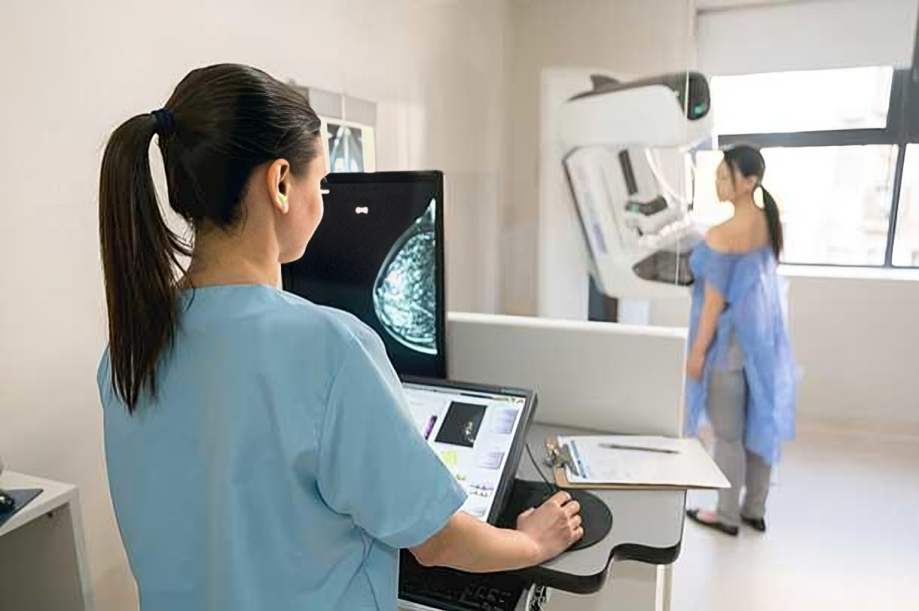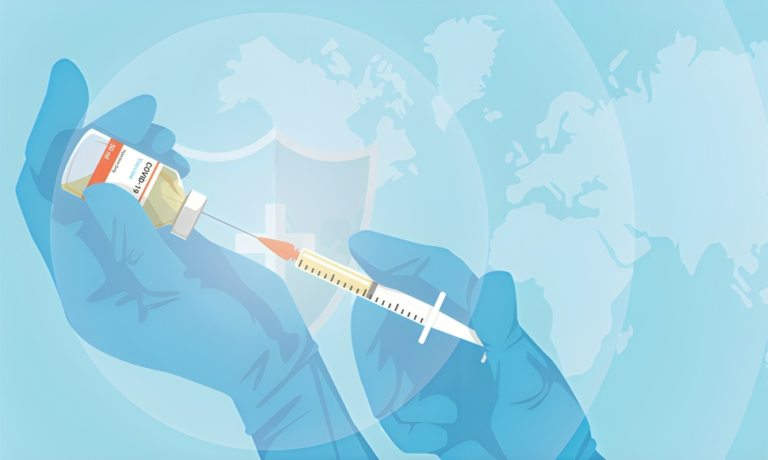Empowering Lives: Unraveling the Importance of Cancer Screening in Modern Healthcare.
Cancer continues to be a significant global health concern, affecting millions of lives each year. However, recent advancements in medical science have paved the way for improved strategies in cancer prevention. Two key components of this preventive approach are cancer screening and vaccination. These complementary methods play a crucial role in identifying and preventing cancer at an early stage, offering new hope for a future with reduced cancer incidence and mortality.
To Know More About It Please Click Here
Cancer Screening
Early detection is often the key to successful cancer treatment. Cancer screening involves the use of medical tests to detect the presence of cancer in individuals who may not show any symptoms. Regular screenings are especially vital for individuals with a higher risk of developing certain types of cancer, such as those with a family history or specific genetic predispositions.
- Mammography for Breast Cancer: Mammography remains a cornerstone in breast cancer screening. Regular screenings for women, particularly those aged 40 and older, have proven effective in detecting breast cancer at an early, more treatable stage.
- Colonoscopies for Colorectal Cancer: Colorectal cancer screening, often through colonoscopies, has been successful in identifying precancerous polyps and early-stage cancers. This proactive approach has contributed to a decline in colorectal cancer incidence and mortality.
- Pap Smears for Cervical Cancer: Regular Pap smears have significantly reduced the incidence of cervical cancer by detecting abnormal cells in the cervix before they become cancerous. The development and widespread use of the HPV vaccine has also played a crucial role in preventing cervical cancer.
Cancer Vaccination
Vaccination against certain viruses known to contribute to cancer development has become a powerful tool in cancer prevention. By targeting these viral infections, vaccines help reduce the risk of associated cancers.
- HPV Vaccination: The human papillomavirus (HPV) vaccine has been a game-changer in preventing cervical and other cancers. Administered to both males and females during adolescence, the vaccine protects against several high-risk HPV strains known to cause cancers of the cervix, anus, throat, and genitals.
- Hepatitis B Vaccination: Chronic hepatitis B infection significantly increases the risk of liver cancer. Vaccination against hepatitis B has proven effective in preventing infection and subsequently lowering the incidence of liver cancer.
- Hepatitis C Treatment and Vaccination Research: While there is currently no vaccine for hepatitis C, advancements in antiviral treatments have revolutionized the landscape. Successful treatment of hepatitis C not only prevents liver damage but also reduces the risk of liver cancer. Ongoing research into developing a hepatitis C vaccine holds promise for further preventing this type of cancer.
To Know More About It Please Click Here
Conclusion
The combination of cancer screening and vaccination represents a formidable strategy in the fight against cancer. By detecting cancer at an early, more treatable stage and preventing infections known to contribute to cancer development, these approaches offer a comprehensive and proactive means of reducing cancer incidence and mortality. Public awareness, education, and access to these preventive measures are crucial in maximizing their impact and fostering a healthier future. Continued research and technological advancements will further refine these approaches, bringing us closer to a world where the burden of cancer is significantly diminished.





